Your Vagina Is a Self-Cleaning Wonder (Let It Do Its Job!)
Your vagina is a self-regulating powerhouse, a “self-cleaning oven” as experts call it. It maintains its ideal pH balance (3.8–4.5) and microbiome without help from trendy potions, produce, or DIY hacks. When we disrupt this delicate ecosystem, we invite infections, inflammation, and long-term damage. Here are 10 vaginal no-nos you should never allow near this sacred space.
Table of Contents
Shaving Cream
Shaving cream contains harsh surfactants, fragrances, and numbing agents like lidocaine that burn vaginal tissue. Even products marketed for “bikini lines” can cause chemical burns, pH disruption, and painful rashes.
✅ Alternative: Use a gentle, fragrance-free shaving gel externally only, or opt for trimming.
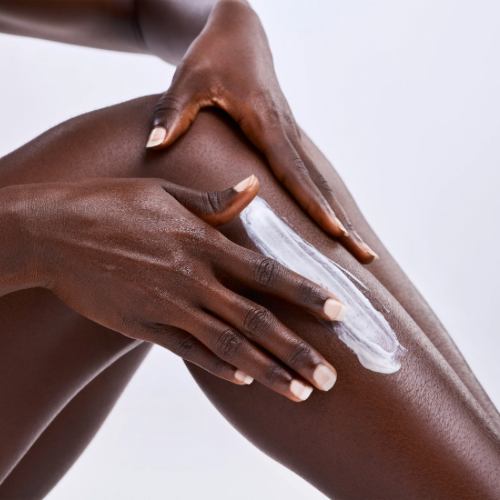
Vaginal hair removal creams are only meant for external use (the vulva), not inside the vagina. These creams contain strong chemicals that can cause burns, irritation, and even allergic reactions inside the vagina.
Yoni Pearls or “Detox” Herbal Bundles
These gauze-wrapped herb pellets promise to “cleanse your uterus” or “release toxins.” Reality? They cause chemical burns, alter pH, and risk toxic shock syndrome (TSS). As OB/GYN Dr. Suchetha Kshettry warns: “They prey on insecurities about vaginal health”.
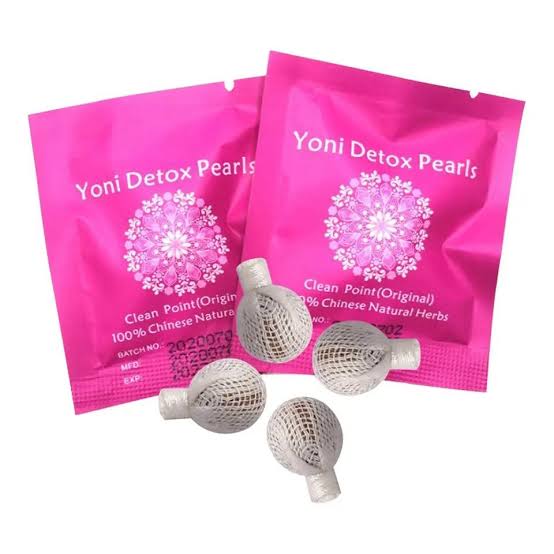
Yoni pearls, also known as vaginal detox pearls, have gained popularity as a “cleansing” tool. However, they can disrupt the natural balance of bacteria and pH in the vagina, leading to irritation or infections. The vagina is perfectly capable of cleaning itself, so there’s no need for “detox” products like yoni pearls. If you’re looking for a natural cleanse, stick with proper hygiene and regular gynecological check-ups.
Garlic
Yes, garlic boosts immunity when eaten. Inserted vaginally? It causes burns, kills beneficial lactobacilli bacteria, and does not treat yeast infections.
✅ Alternative: See your doctor for FDA-approved antifungal suppositories.
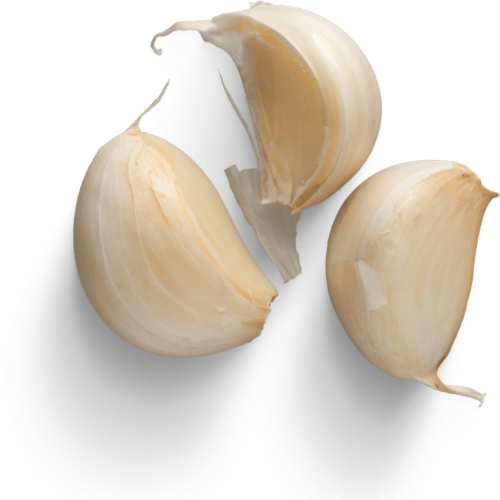
While garlic has many health benefits when eaten, it is not something you should ever insert into your vagina. Some people have tried using garlic as a home remedy for infections, but it can cause severe irritation, burns, and allergic reactions. The vagina is sensitive, and garlic’s strong antibacterial properties can throw off its natural balance, leading to even more problems.
Boric Acid
DIY versions risk toxicity, ulcerations, and infertility. Never use pesticide-grade boric acid internally.
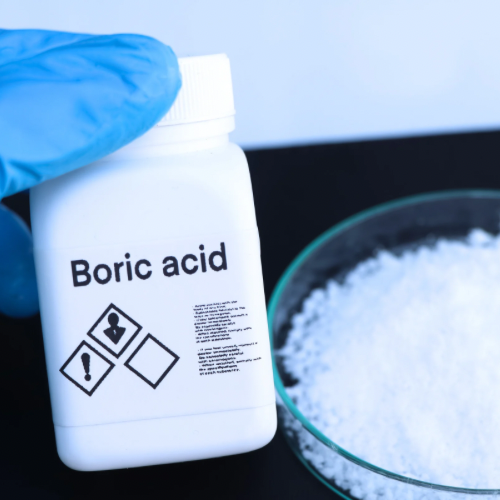
Boric acid is often used as a remedy for yeast infections, but it should never be used without a doctor’s recommendation. Although it may be helpful in certain medical cases, using boric acid improperly can cause irritation, burning, and other complications.
Food Items
Yogurt tampons? Strawberries? Whipped cream? The sugars in these foods feed harmful bacteria and yeast. As OB/GYN Dr. Katherine Schwab notes: “Fructose/glucose causes bacterial imbalance” .
🚫 Your vagina isn’t a fondue pot!

Some people experiment with cucumbers, bananas, chocolate syrup, whipped cream, or other food items during sex, but this is risky. Food can introduce bacteria, cause infections, and leave behind sugar that feeds yeast, leading to an itchy yeast infection.
Unwashed Fingers or Dirty Hands
Fingers are vagina-safe if hands are clean and nails are trimmed. Dirty hands introduce fecal bacteria (E. coli), strep, and STIs. Always wash before play.
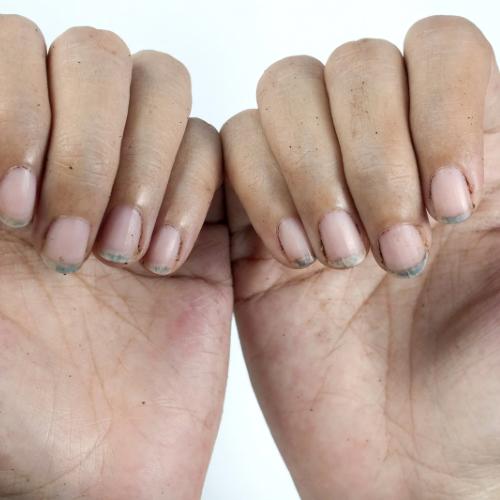
If you or your partner are touching your vagina, clean hands are a must. Dirty hands introduce bacteria that can cause UTIs and infections. If nails are long and unclean, they can cause tiny cuts, making the vagina more vulnerable to infections.
Saliva
Saliva’s pH (6.2–7.6) is far more alkaline than your vagina’s acidic environment. This imbalance encourages bacterial vaginosis (BV) and thrush. Avoid using spit as lube.
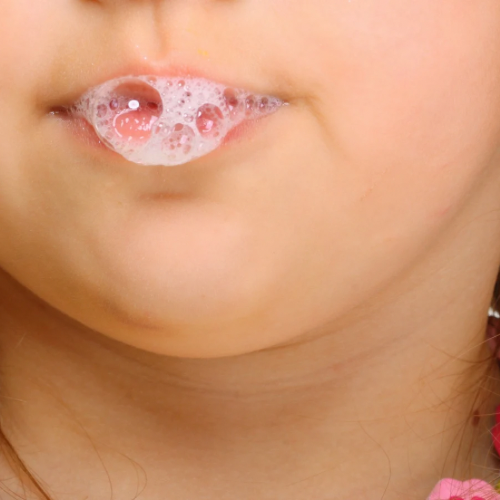
Using saliva as a lubricant might seem harmless, but it can introduce bacteria and viruses that don’t belong in the vagina. This can increase the risk of infections like BV or even STIs like herpes. If you need extra lubrication, use a water-based or silicone-based lubricant instead.
Oil-Based or Unsafe Lubricants
Oil-based lubes (e.g., coconut oil, Vaseline) trap bacteria, degrade condoms, and cause infections. Also avoid lubes with glycerin, parabens, or cyclomethicone—they disrupt pH and increase STI risk.
✅ Alternative: Water-based, glycerin-free lubes with a pH of 3.8–4.5 (like Good Clean Love).
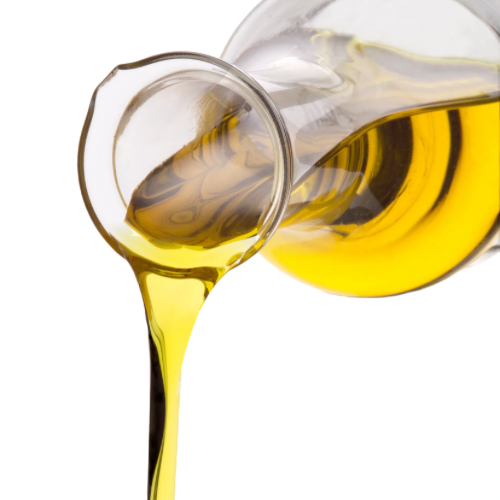
Coconut oil, Vaseline, and baby oil may seem like good alternatives to lubricant, but they can clog vaginal pores, trap bacteria, and increase the risk of infections. Stick to lubricants specifically made for vaginal use.
Harsh Chemicals and Fragrances
Scented tampons, douches, glitter bombs, or vajazzling gems contain alcohol and petrochemicals that dry tissues, kill good bacteria, and cause allergic reactions.
💡 Remember: Your vagina should smell like a vagina—not roses.
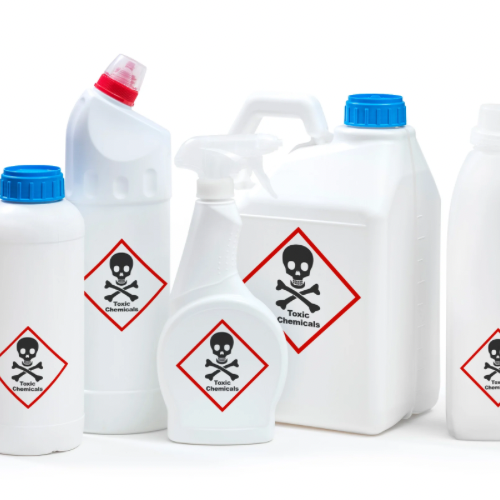
Vaginal products with added chemicals or strong fragrances can disrupt your body’s natural balance and cause irritation. Avoid using heavily scented soaps, vaginal deodorants, or scented wipes, as they can upset your pH and lead to infections or discomfort.
The Penis of a Man You Don’t Trust
Emotionally or physically unsafe partners risk more than heartbreak. Untrusted partners are less likely to use condoms, disclose STIs, or practice hygiene—increasing exposure to HPV, herpes, and antibiotic-resistant infections.
✅ Rule: If you wouldn’t share a toothbrush, don’t share your vagina.

Sex is all about trust and mutual respect, and when it comes to your body, you should never compromise on either. Having unprotected sex with someone you don’t trust—or don’t know well—puts you at risk for sexually transmitted infections (STIs) and other health issues. Always make sure your partner is someone you feel comfortable with and ensure safe sex practices, like using condoms, to protect both yourself and your partner.
How to Actually Support Vaginal Health
Cleanse: Wash your vulva (external skin) with water + mild soap. Never douche or clean internally.
Wear: Cotton underwear. Avoid thongs or tight synthetics.
Hydrate: Use pH-balanced lube during sex.
Trust: Your body. Unusual odor/discharge? See a doctor—don’t self-treat.
“Your vagina needs guardianship, not guerilla warfare.” Stick to gentle hygiene practices and, see a doctor if you experience unusual discharge, itching, or discomfort.


Leave a Reply